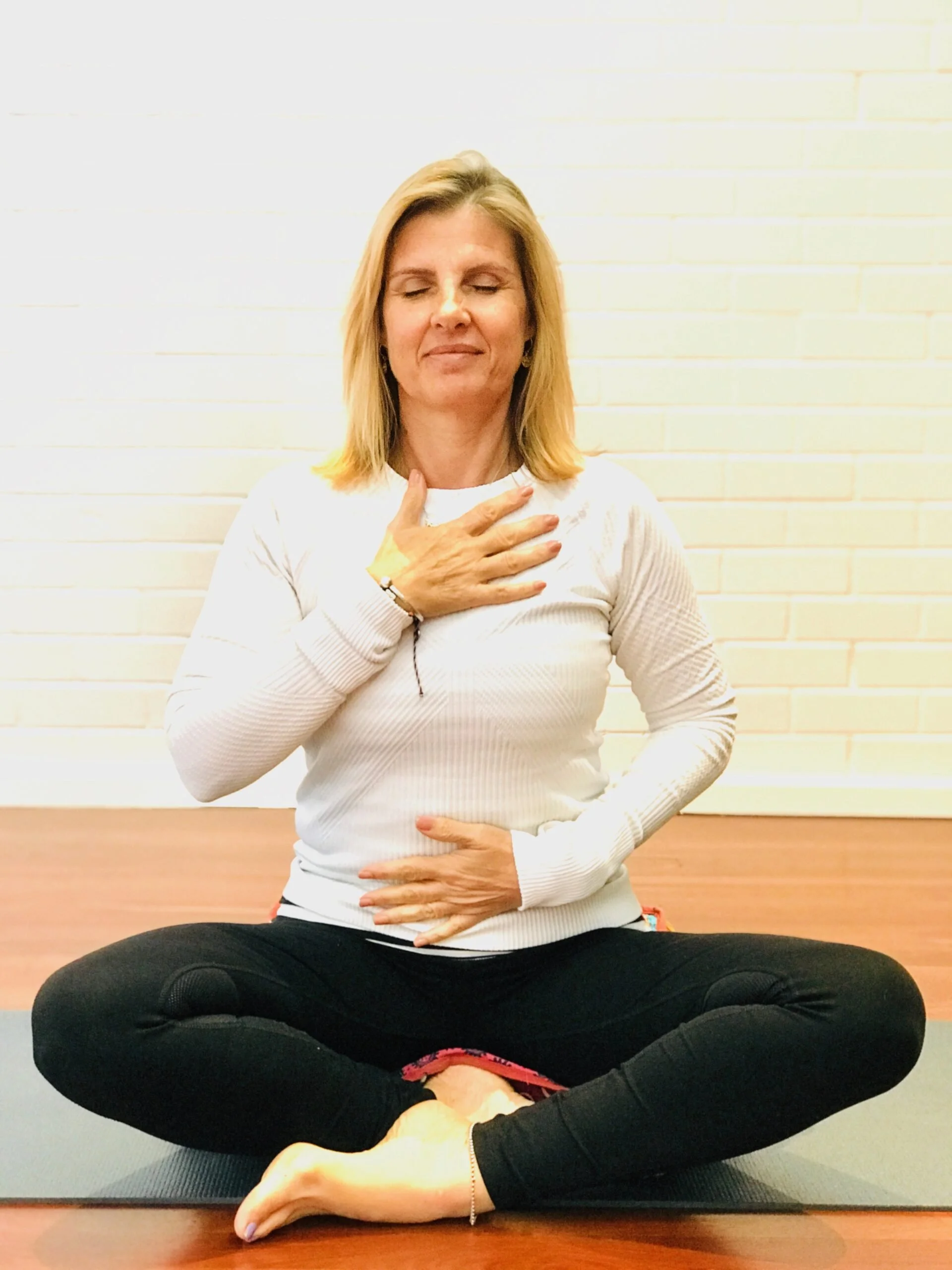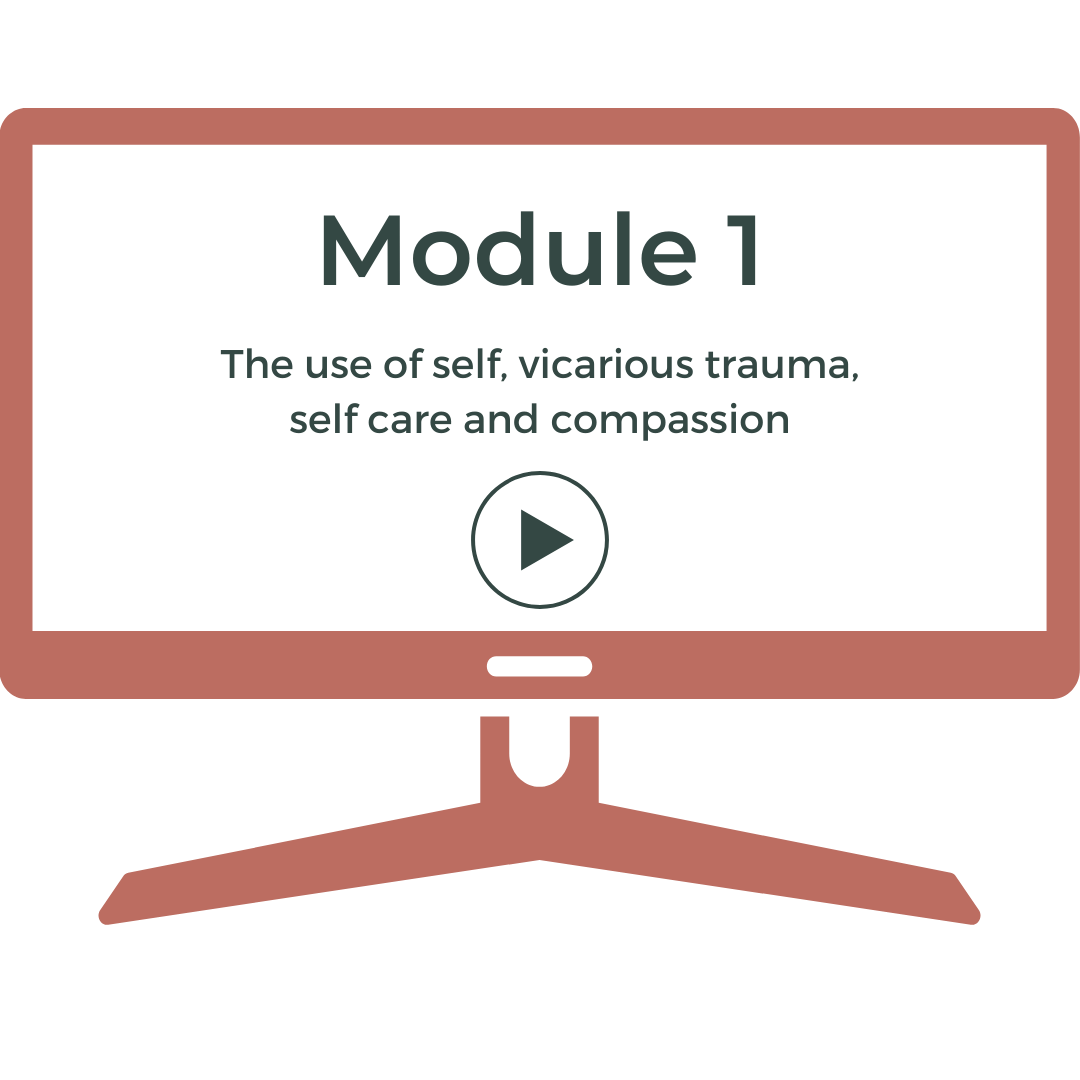
Yoga for Embodiment & Healing
100 Hour Training
Yoga and mindfulness practices help to enhance health and happiness by incorporating the principles of neuroscience, neuroplasticity, body/mind communication and supports the cultivation of self awareness
Bringing the body
into treatment as the
foundation of healing
Heaaling is not a linear process with graphic from branding kit
Who would this course benefit?
Yoga Teachers/Teachers in Training
Yoga Teachers and Yoga Teachers in training
who are interested in expanding their teaching skills and developing more confidence in working with students/clients who suffer from trauma and mental health difficulties. Yoga teachers will develop a much deeper understanding of the concepts of Yoga Psychology and it's capacity to empower students by providing safe and inclusive yoga practices with awareness.
Mental Health Professionals
Mental Health Professionals
who are interested in bringing the body into treatment. There is now a significant body of evidence that has seen a marriage between yoga and Psychology. Neuroscience has shown that the mind and body are intrinsically linked and that trauma resides in the body. It has been my experience that when clients learn to befriend and trust their body, the capacity for clients to engage in therapy in a much safer and satisfying way is achieved. Yoga engages the nervous system teaching distress tolerance by balancing the nervous system, enhancing opportunities for neuroplasticity to occur by moving and breathing in a community setting with intention and on purpose.
Nurses/Teachers/First Responders
Teachers, nurses, first responders and all human service workers
who come into contact with students/ patients who are distressed and overwhelmed and require significant support and containment. This course will give you the confidence to use grounding and stabilising techniques by using the body, breath and awareness of how the brain responds to anxiety.
Well Being Professionals
Wellbeing professionals
and people seeking to develop personal insight who are interested in the mind-body connection and working in a holistic way towards healing and recovery
What is the Course Structure for Yoga for Embodiment and Healing?
The course…
Contains five 20 hour modules. Modules are Online and In Person.
Is accredited by Yoga Alliance with CPD points available.
Can be started at any module.
On completion of all 5 modules a certificate is awarded.
Includes Yoga Practice, Informations Sessions, Lectures, Interactive Learning, Journalling and Refelction time in each module.
The 5 Modules
(Hover Mouse over or on mobile tap on image to see the Modules contents)
Learning how to care for 'Self' whilst caring for others.
Making sense of our belief systems and roles we play as carers personally and professionally.
Understanding the impact of Vicarious Trauma and Compassion Fatigue
Gaining an understanding of the role of transference and counter transference when working with others in the context of mental health.
Learning the warning signs of Trauma Exposure Response and finding balance.
The use of sound in healing.
This is the original TCTSY Foundational course from the original creators of TCTSY at Justice Resource Centre's Trauma Centre in Boston.
Learning the theory behind trauma sensitive yoga.
Learning the differences between trauma sensitive yoga and trauma informed yoga and having a clear awareness of what is necessary to safely run a trauma sensitive yoga class and the difference of creating a trauma informed class.
Understanding how to create a safe space in which to work with survivors of trauma.
Practicing the utilisation of invitational language, choice making and supporting students to practice having present moment experiences.
Understanding the role of interoception in creating opportunities for neuroplascticity.
Understanding the role of the mind, the brain and the nervous system in managing trauma responses and in healing from trauma.
Having the opportunity to experience being in a trauma sensitive yoga class, go over posture breakdown and having opportunities to practice teach.
Exploration of the neurobiology of anxiety and depression.
Normalising anxiety as a necessary and adaptive behaviour for survival and understanding the role of genetics, personality, environmental and situational factors and attachment style in determining how to work with your student / client.
The role of the nervous system and gaining an understanding of left and right brain presentations of anxiety and depression and the need to be able to recognise both.
Teaching postures, breathing and mindfulness techniques that can be utilised to create a program that is suitable for a group and for individuals depending on the type of class or presentation of the individual.
The interaction between body and mind, Breath and Energy.
The sensory motor mind (manas).
Memory and repression (chitta)
The sense of "I" (Ahankara) Attachment and relationships.
The Psychology of Pain and the process of change
The Chakra system - The 7 centres of consciousness.
Modern day applications of yoga psychology for anxiety, depression, mood disorders, phobias, eating disorders, drug addictions, childhood disorders (ADHD, autism)
The impact of early attachment and the formation of Core Sensitivities The role of Bodhichitta – The Awakened Mind
Psychological Insight work
Ayurveda and the MindExplore the ventral vagal brain/ heart connection
Healing the whole person – Higher knowledge and Practice
Breath and Energy
Gaining an understanding of how to use Yin as a healing and restorative practice.
Learning to support students to use their bodies to calm the nervous system.
The use of meditation and pranayama in Yin classes.
Understanding the link between meridian theory and the chakra system and the embodiment of emotions.
The concept and importance of Chi.
Incorporating a mindfulness practice and psychological inquiry element into our Yin practice.
Learn about the role of the Vagus nerve and Polyvagal Theory
Unlock your potential as a Trauma-Sensitive Teacher.
Join thousands and gain the skills to provide a safe and supportive space for healing in only 10 months.
Enrol now
Monthly Investment
$595 per month for 6 months (Is there a minimum commiment????)
Enrol now and save
One time Investment
$2650.00 payment for the entire course
(Thats a 10% discount)
What Our Customers Are Saying












